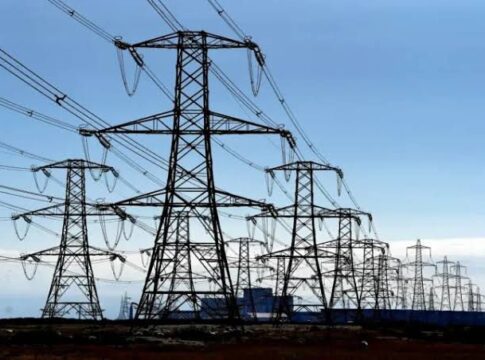Nigeria’s Federal Government spent ₦199.64 billion on electricity subsidies in December 2024, a 2.76% increase from November’s ₦194.26 billion, data from the Nigerian Electricity Regulatory Commission (NERC) reveals. The increase shows the government’s struggle to balance rising inflation, a weak naira, and affordable power for Nigerians.
The December 2024 Multi-Year Tariff Order report attributed the subsidy spike to a higher exchange rate of ₦1,687.45 per dollar and a 33.9% inflation rate. “These adjustments were essential to maintain stability in the electricity market,” NERC stated, adding that generation capacity fluctuations also contributed to the subsidy rise.
Despite the mounting costs, the government kept electricity tariffs unchanged across all customer categories. Band-A customers continued paying ₦209/kWh, while tariffs for Bands B to E remained frozen at December 2022 levels. This freeze has helped shield millions of Nigerians from steep electricity costs but has deepened the government’s subsidy burden.
READ MORE: ConsenSys Report: Nigeria Tops Global Crypto Adoption, Trust in Digital Data Soars to 98%
Under the revised policy, consumers under Abuja DisCo received ₦29.10 billion in subsidies, up from ₦27.86 billion in November. Ikeja Electric consumers enjoyed ₦26.68 billion in government support, reflecting the administration’s commitment to stabilizing energy prices amid economic pressures.
NERC also maintained the benchmark gas-to-power price at $2.42/MMBTU, as set by the Nigerian Midstream and Downstream Petroleum Regulatory Authority (NMDPRA). This ensures that gas supplies remain affordable, further supporting the energy sector.
President Bola Tinubu’s removal of petrol subsidies in May 2023 remains a contrasting policy. The move caused pump prices to skyrocket from ₦189 to over ₦1,300 per litre, placing an even heavier economic burden on households. “While petrol subsidies were deemed unsustainable, electricity subsidies remain vital for socio-economic stability,” an energy policy expert commented.
The Federal Government has yet to announce how long it will maintain the current electricity subsidy structure. However, analysts warn that without reforms, the rising subsidy costs could strain public finances further, especially as inflation and exchange rates remain volatile.
As December ends, millions of Nigerians continue to benefit from the government’s efforts to mitigate rising energy costs, even as the economic challenges show no signs of easing.




